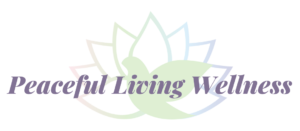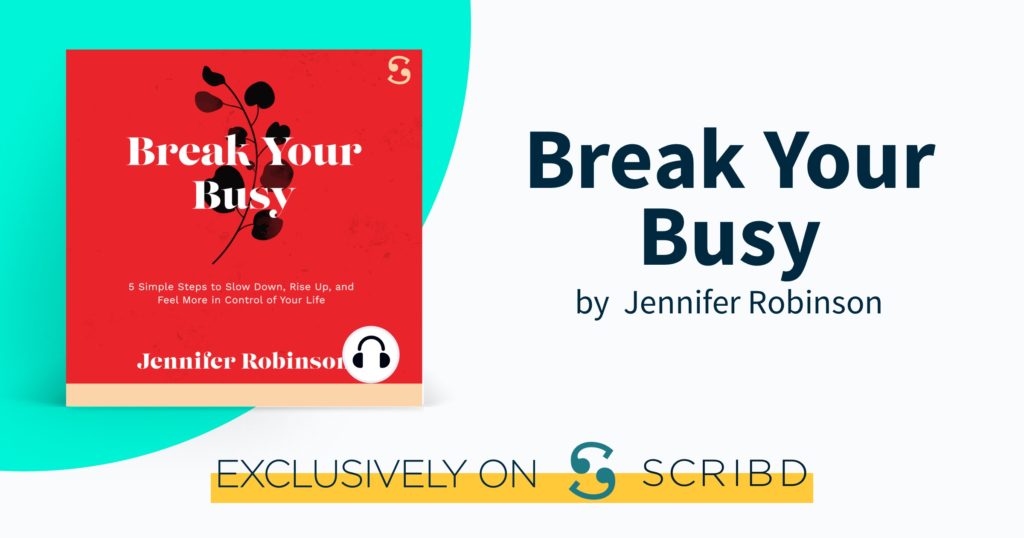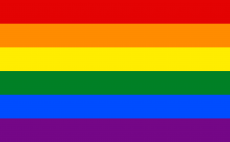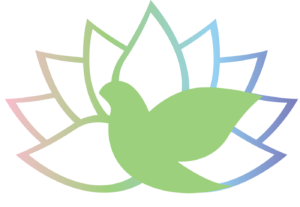I wanted to do everything so perfectly in my first pregnancy, whatever that means. And, as my kind (and probably eye rolling) husband walked up to our 15th hypnosis natural birth class, I had the magical, rare, and settling feeling that everything was in place.
An attorney-reviewed birth plan that hospitals and OBGYNs likely graciously receive with gritted teeth? Done. An expensive doula to ensure that this plan was executed and I had support for my natural birth? Paid.
I settled into the multi-colored hippy room on a bean bag at Hypnobabies with a wash of satisfaction come over me. “Breath in, breath out, pain is a mental construct.” Twila assured us over the twang of a trance inducing xylophone.
What my ultra-controlling self had no idea to expect or control for was that pregnancy and birth was the easy part of having a baby, for me. It was the impending breastfeeding that proved to be the most agonizing. Wasn’t this supposed to be the bonding part? The really natural, easy, ‘this has been happening for millions of years’ part? The ‘you had better do this for an entire year or your kid is going to be sick, stupid, and unattached and you’ll be a bad mom, sick and fat?
Owch. Chapped nipples. Not enough milk coming out. Latching. Baby crying. Nipple shields. Alcohol testing breastmilk strips to approve the yield in the event of wine to calm down. Shit! Some spilled.
I remember one day, early into the newborn haze, that we tried calling around for hospital grade pumps. I had heard how important breastfeeding was, but I wasn’t yielding enough. Plus, I read the research about outcomes…
For the baby, not being breastfed is “associated with an increased incidence of infectious morbidity, as well as elevated risks of childhood obesity, type 1 and type 2 diabetes, leukemia, and sudden infant death syndrome.” (Stuebe, 2009) It is also often reported that non-breastfed children show lower scores on intelligence tests (Horta, 2015).
For the mom, not breastfeeding is associated with “an increased incidence of premenopausal breast cancer, ovarian cancer, retained gestational weight gain, type 2 diabetes, myocardial infarction, and the metabolic syndrome.” (Stuebe, 2009).
My cult-like acceptance at the information above was not as balanced as it is now it. What I learned since then is:
On the other side of the coin, several meta analysis’ show that these links are more observational or correlational instead of causal. Most dogmatic findings simply don’t show the entire picture. For example, diabetes and SIDS are often correlated along racial and socioeconomic lines. Guess what? Lower rates of breastfeeding are, too. So, what other factors besides just the milk are related to health and morbidity of the infant? Could it be education, separate sleeping arrangements, maternity leave, time to spend tending to the needs of the infant, quality of food available?
Even if all of the positive outcomes were true, there is more to consider than just how great something is for your kid. Just like the fact that I bet doing math worksheets and playing educational games all day long with my toddler would yield better economic and educational outcomes for her in adulthood. But, I would be a bored, unshowered, eye twitching crazy person. So, instead, I hand her an iPad with relief in my eyes for an hour of guilt free ‘me time’. As she watches grossly marketed LOL Surprise toy play on YouTube, I straighten my hair.
In her 2009 article in The Atlantic, “The Case Against Breastfeeding,” Hanna Rosin reviewed the literature and found that while some studies do show minor health benefits, other equally rigorous studies found no benefits or contradicted each other. After so many years of my own graduate studies, one thing is apparent: for every study that shows a certain result or outcome, there is another refuting it. It is crazy making to try to get to the root of an answer through research. Often, we are left simply validating our confirmation bias as we look at articles most closely related to our search.
Time magazine also did a spread on how the benefits of exclusive breastfeeding are grossly exaggerated. Supporting, for example, how meta-analysis’ conducted on postpartum weight loss and breastfeeding show the link cannot be supported through systematic reviews (Chowdhury, 2015). I see this in my practice: there is something about breastfeeding hormones that causes new moms to hang onto weight. Once my clients stop breastfeeding, and other variables are controlled, the weight starts shedding off.
Plus, outcome ‘truth’ aside, there are more considerations beyond simply the outcome orientation of this argument: What about maternal stress? What about the monk-like patience one must have to sit with a baby for hours a day? What about the full time job of pumping (while on a conference call, while needing to present or forgetting to be on mute)? What about the narratives of patriarchal oppression?
Related Post: 5 YOGA POSES FOR PREGNANT AND NEW MOMS
One year of exclusive breastfeeding for my first kid. One year of my life this was my reality. In the worst example of supporting the narrative: I was so proud of myself, and even more proud to report it. At month 8, I had stored enough surplus breastmilk in the freezer to stop. Then came: leaking boobs, hard as rocks boobs, deflated boobs, breast implants. Finally: freedom.
All I can say now is: I don’t think it’s going to be worth it this time around. As I sit here in the twilight of my pregnancy with baby number two, I try to imagine the reality of doing this again with a 4 year old to take care of, a company to run, and ensuring that I am mentally and physically operating at my best. I can’t see it.
“There is a “cult of ‘total motherhood’ in which women’s identities are solely constructed in terms of providing the best [perceived] possible opportunities for their children” (Colen, 2014) With the benefits of breastfeeding being drastically overstated and the risks or the decision not to are exaggerated, too, one must look at this topic through a more shrewd lens where all factors are weighed and dogmatic adherence to unbalanced information is not blindly followed.
“The answer is no. And you’ve never met someone more stubborn, educated, or defensive about this topic.” is my canned response to nurses, OBGYNs, family and anyone who asks “Are you breastfeeding?” Because, this is my ‘being kind’ and politically correct response. Because, “F*** off with your question” is frowned upon in our society.
Stuebe, Alison. “The risks of not breastfeeding for mothers and infants.” Reviews in obstetrics & gynecology vol. 2,4 (2009): 222-31.
Chowdhury, Ranadip et al. “Breastfeeding and maternal health outcomes: a systematic review and meta-analysis.” Acta paediatrica (Oslo, Norway : 1992) vol. 104,467 (2015): 96-113. doi:10.1111/apa.13102
Victora, Cesar G et al. “Association between breastfeeding and intelligence, educational attainment, and income at 30 years of age: a prospective birth cohort study from Brazil.” The Lancet. Global health vol. 3,4 (2015): e199-205. doi:10.1016/S2214-109X(15)70002-1
Horta, Bernardo L et al. “Breastfeeding and intelligence: a systematic review and meta-analysis.” Acta paediatrica (Oslo, Norway : 1992) vol. 104,467 (2015): 14-9. doi:10.1111/apa.13139
Colen, Cynthia G, and David M Ramey. “Is breast truly best? Estimating the effects of breastfeeding on long-term child health and wellbeing in the United States using sibling comparisons.” Social science & medicine (1982) vol. 109 (2014): 55-65. doi:10.1016/j.socscimed.2014.01.027
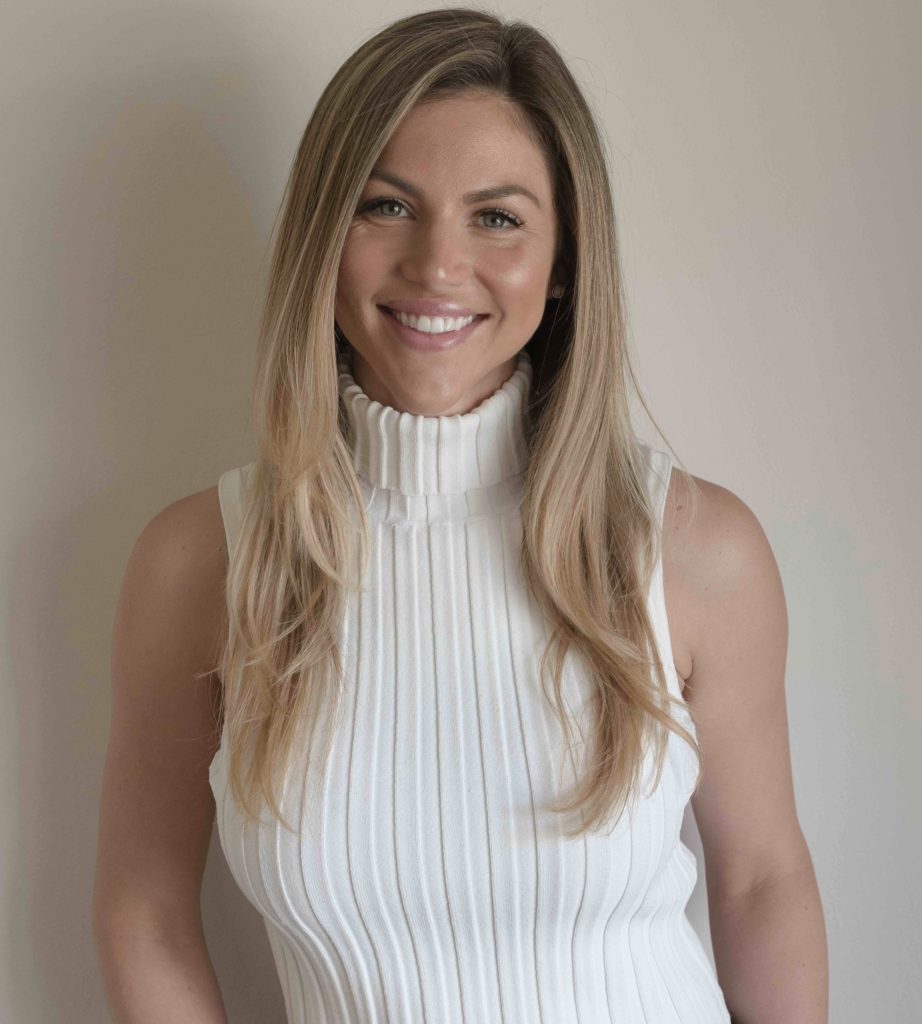
Ashley Damaj is a Cornell trained Nutritionist, USC trained masters-level therapist, and post-masters Board Certified Behavior Analyst. An avid athlete, yogi, organic farmer, and chef; Ashley lives with her husband and daughter in Newport Beach, California.
She is the founder of Mothership Wellness, Inc., an integrative private practice. The backbone of her business is working directly with clients on ten pillars of wellness that are assessed and improved through actionable, short term, goal oriented individualized programs.
As a former pack a day smoker, drug/alcohol abuser, and overweight individual, Ashley’s mission is to bring behavior modification science and empirical solutions to individuals and families who want to make the move to a more healthy lifestyle be in alignment with the fullest expression of themselves.
She has worked in both corporate and clinical settings over the course of her career. Ashley has held Director level positions at a Fortune 5 companies, to clinical positions in a variety of therapeutic settings
(juvenile hall, domestic violence centers, in-home therapy, facility settings, etc.). Ashley has with diverse clientele of all ages using CBT, ACT and Behavior Analytic modalities for over a decade.
